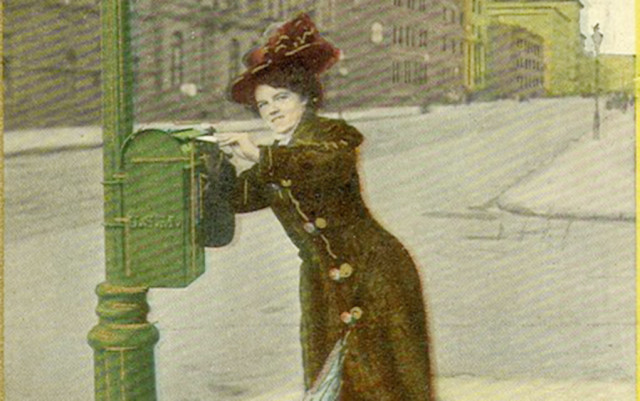
Stop pretending that France’s gas tax was a carbon tax
French President Emmanuel Macron buckled under a yellow-vested hurricane of opposition after his well-intentioned attempt at a “carbon tax” ran headlong into political reality. Travis Metcalfe sets the record straight on this oversimplified narrative in his piece, “Making the planet great again” (Re: Lab Notes, Feb. 21, 2019). Let’s take a closer look at where France went wrong, and where America might look to for better policy.
First things first: France never had a carbon tax. Macron’s tax — say it with me — was a gasoline tax. And the distinction matters.
A carbon tax puts a price on emitting carbon dioxide by imposing a fee on the extraction of fossil fuels. From the source, all the way downstream, it incentivizes innovation and conservation.
But the tax reduces emissions to differing degrees in different economic sectors. The central divide is between electricity-generating and non-electricity-generating sectors. Transportation is very much of the latter group: driving behavior is notoriously insensitive to price changes. A carbon tax therefore does not do much to reduce automotive emissions. A tax on gasoline is that one small part of a carbon tax: the part that doesn’t do much.
The nuances of price elasticity, however, were not what drove French workers into the streets. They rightly feel overburdened by rising costs of living. All energy taxes, but especially gas taxes, are regressive — that is, they cost poor people a larger fraction of their income. Governments should resist the temptation to raise revenues with these taxes.
That is, unless they use the simple, elegant fix that Metcalfe suggests: return all money raised evenly to the citizenry. A flat dividend gives more money to poor people than the tax takes away, making their net cost of living go down, not up. Had France’s gas tax entailed a monthly check sent to all citizens, I very much doubt it would have sent them into the streets, except en route pour la banque, peut-être.
Precisely this idea — the Energy Innovation and Carbon Dividend Act (H.R. 763) — enjoys bipartisan support in our own House of Representatives. Its 90 percent projected emissions reductions by 2050 would mark a paradigm shift in our nation’s contribution to global warming. But its largest impacts will actually accrue beyond our borders. A tariff on carbon-intensive products arriving at our ports, applied only upon countries without similar policies, creates a domino effect that brings the whole world — France included — on board.
This is what carbon pricing looks like.
Daniel Palken/Boulder
Backwards Buck
The U.S. House of Representatives recently passed H.R.8, a bill to “require a background check on every firearm sale.” This proposed law has the clear intent to close the current huge loophole in federal law that exempted gun show sales and private sales from background checks. Of course, criminals love this loophole. But in an America awash with mass shootings and gunshot deaths, this is a long overdue step to limit such gun violence.
But our Colorado congressman Ken Buck (CD-4) voted against this common sense measure. No surprise: Buck is the second highest recipient of NRA money in the House.
It’s a fair guess that Buck claims he’s a conservative. We now know much more of what he means by that. A caring and compassionate congressman would want to conserve his constituents’ health and lives. But Buck has it backwards; Buck instead wants to conserve gun deaths at their present level of 35,000 dead Americans every year. A caring congressman would want to limit the access to guns by criminals and homegrown terrorists. Backwards Buck instead wants to conserve easy access to guns by those criminals and terrorists.
Do the people of eastern Colorado really want a congressman who is so totally devoted to the gun manufacturers, and so devoid of caring and compassion for his constituents? Do Coloradoans want a congressman who takes the side of criminals and terrorists?
Stan Gelb/Longmont














